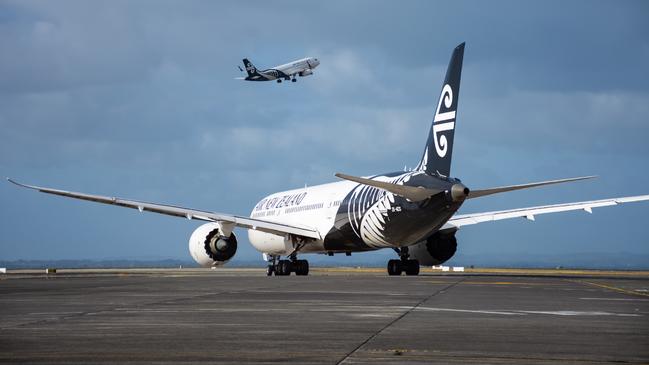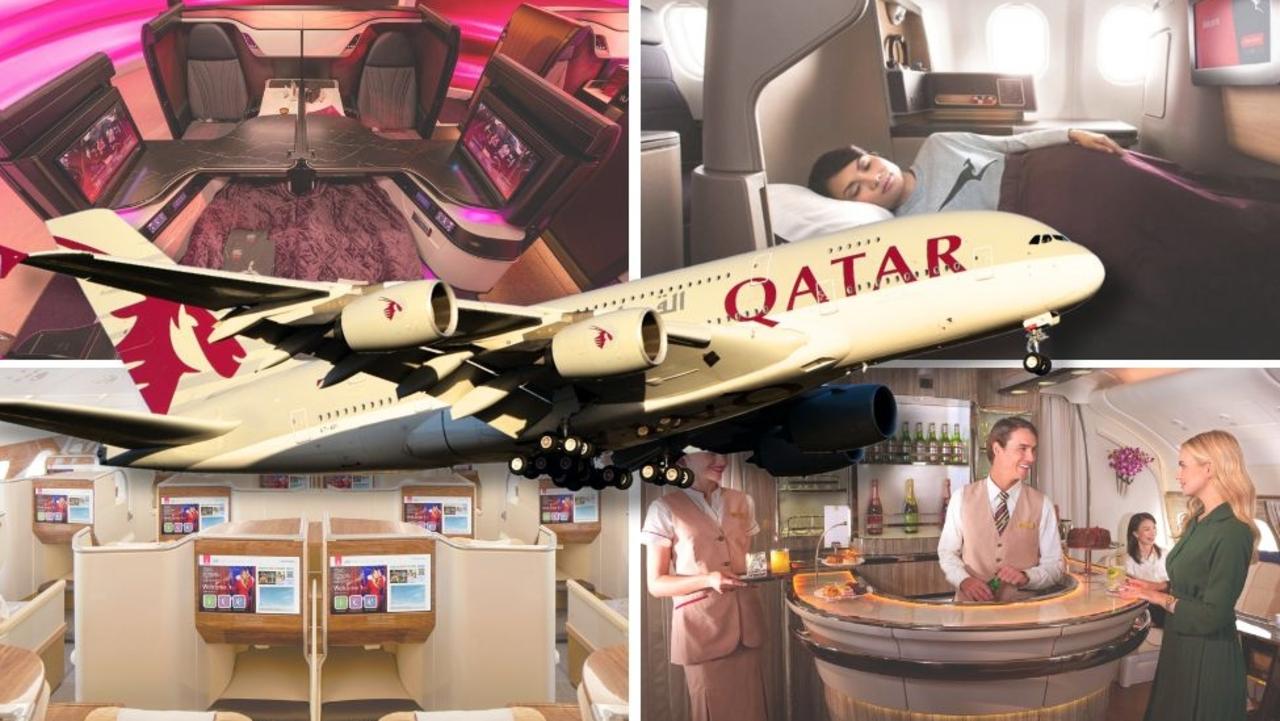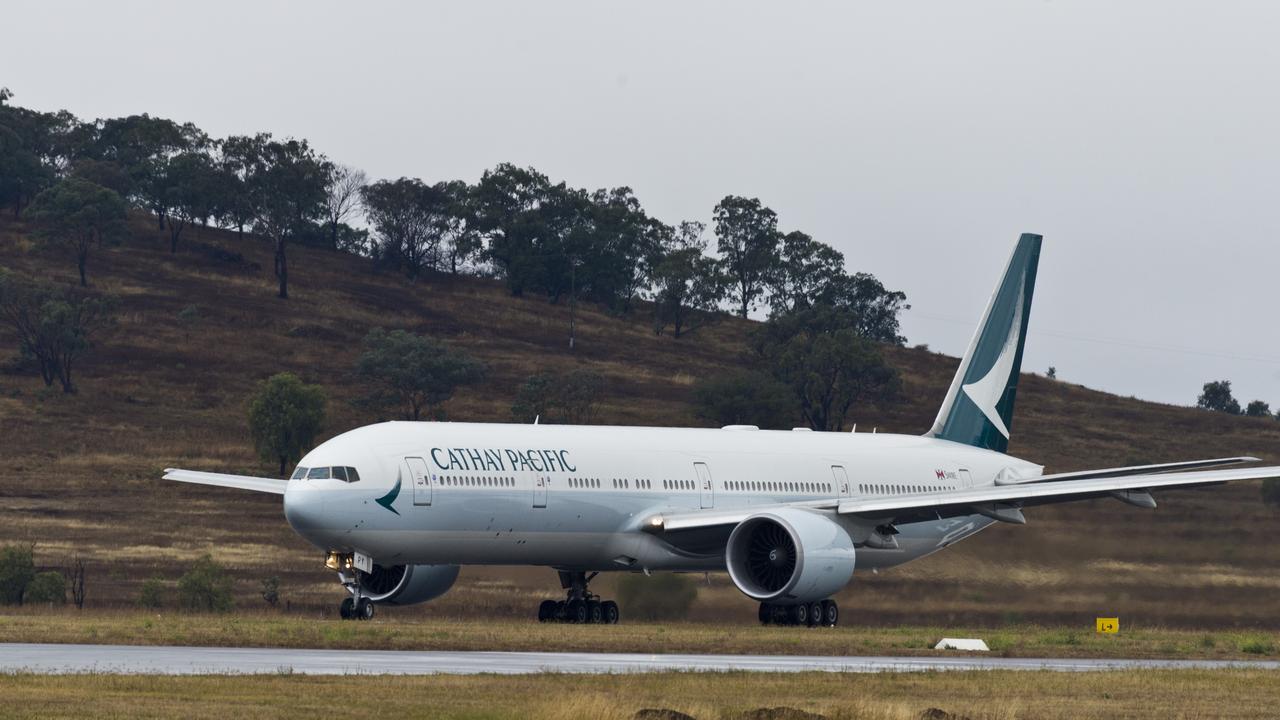‘Are we worth the carbon?’ asks Air New Zealand at aviation summit
Air New Zealand wants airlines to confront the issue of ‘are we worth the carbon’ as the industry strives to slash emissions to net zero by 2050.

Air New Zealand has laid down the gauntlet to others in the airline industry urging them to consider “are they worth the carbon” as the push to reduce emissions becomes more urgent.
Speaking at the CAPA Centre for Aviation conference in Brisbane on Thursday, Air New Zealand chief sustainability officer Kiri Hannifin said there was a need to talk very transparently about the issues confronting the industry.
She said it was a simple matter of fact that airlines “were connecting people but polluting at the same time” and they all needed to do better.
“For us in aviation, we have to ask ourselves ‘are we worth the carbon?’” Ms Hannifin said.
“That should be a driver of how we conduct ourselves as a business and as a society. It’s also a great moral compass — are we worth the carbon?”
Air New Zealand had already changed its language around carbon offsets because there was no such thing as “flying neutrally”, Ms Hannifin said.
“It’s being honest about what we can do, and I think that’s a good start to make it clear you can’t fly neutrally.”
The conference heard the most important ingredient for reducing carbon emissions – sustainable aviation fuel – was still not being produced in Australia.
Virgin Australia chief sustainability officer Christian Bennett said without SAF it would be very difficult to reach the 2050 target of net zero emissions.
“We don’t have the luxury of time and the science is very clear on that,” Mr Bennett said.
“For us that means we have to start pulling every lever we can as quickly as possible.”
He said the current fleet renewal, with new Max aircraft replacing ageing 737-800s, was a big part of the strategy but “SAF was the slingshot”.
And he rejected the suggestion the airline industry was poised to become the “new tobacco industry” given growing awareness and concern about carbon emissions.
Mr Bennett said since the evolution of the jet age, the industry had “done a remarkable job of reducing emissions”.
“Global aviation accounts for less than 3 per cent of all emissions,” he said.
“I’m confident we’ve got a far better product than tobacco ever did but this is going to be another challenge for the aviation industry and it’s a very large nut to crack.”
Bonza CEO Tim Jordan also addressed the conference, revealing the airline would wet lease two Boeing 737 Max 8s from Canadian airline Flair for the summer holiday period.
The aircraft would take Bonza’s fleet to six, providing more resilience to their operations.
On questions about the airline’s financial position, Mr Jordan said “no airline in the world was profitable with a fleet of four aircraft”.
“What I can say is that the break even for Bonza is surprisingly low in scale. It’s nowhere near 15 to 20 aircraft,” he said.





To join the conversation, please log in. Don't have an account? Register
Join the conversation, you are commenting as Logout